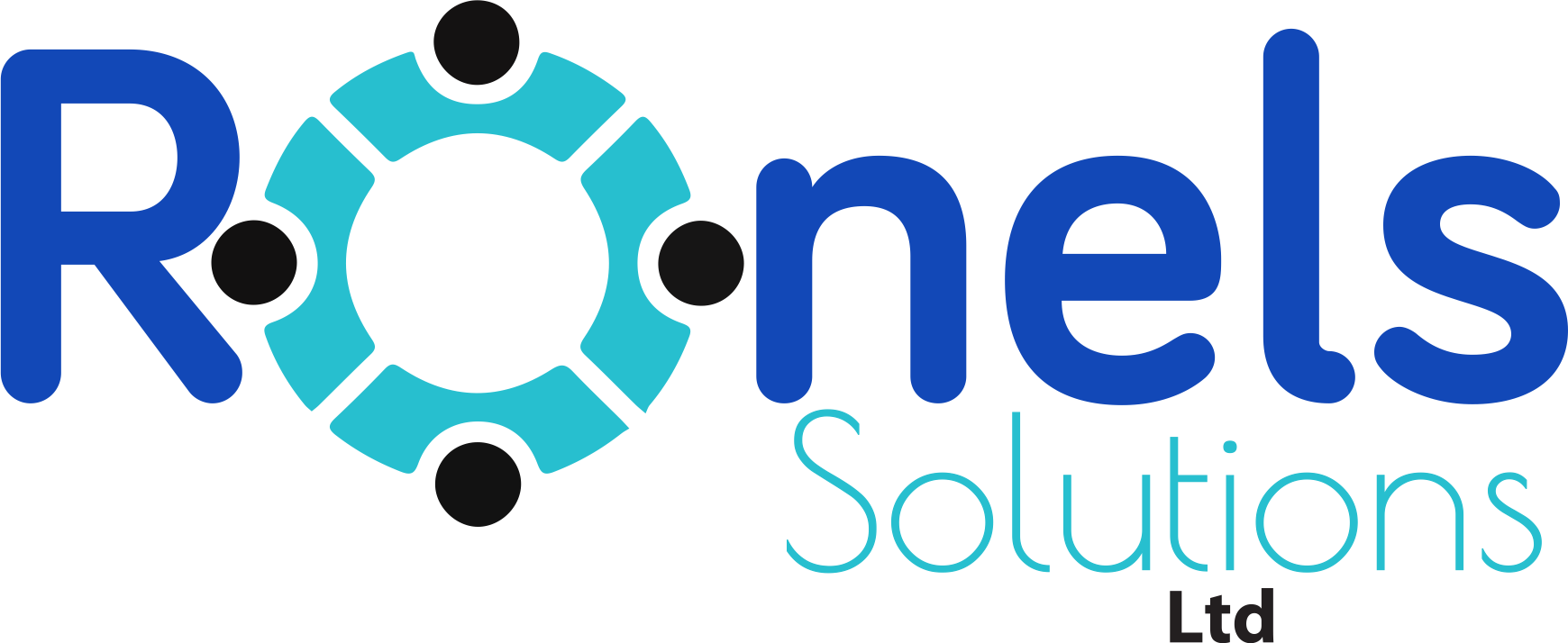Introduction
Choosing the right hosting solution can make or break your startup’s scalability and reliability. Let’s break down the pros and cons of cloud hosting vs. shared hosting so you can make an informed decision.
1. What Is Shared Hosting?
You share server resources (CPU, RAM, bandwidth) with many other websites. It’s cheap and good for:
- Personal blogs
- Small static websites
2. What Is Cloud Hosting?
Your app or website is hosted on a cluster of servers. You get:
- Scalability on demand
- High availability and uptime
- Better security and backups
3. Performance Comparison
- Shared hosting: Slows down during traffic spikes
- Cloud hosting: Handles high loads with auto-scaling
4. Cost Considerations
- Shared hosting: Starts as low as KES 500/month
- Cloud hosting: Pay-as-you-go pricing (e.g., AWS, GCP), starts around KES 1,500–3,000/month
5. Best for Startups?
If you’re building a product that expects growth or handles user data, cloud hosting is the better long-term investment.
6. Security & Backups
- Cloud: Offers encryption, automated backups, and redundancy
- Shared: Limited and often shared IP address risks
Conclusion
While shared hosting may seem affordable, cloud hosting provides the speed, reliability, and scalability your startup needs to grow. At Ronels Solutions, we offer cloud architecture, migration, and managed hosting services to help your business stay ahead.



